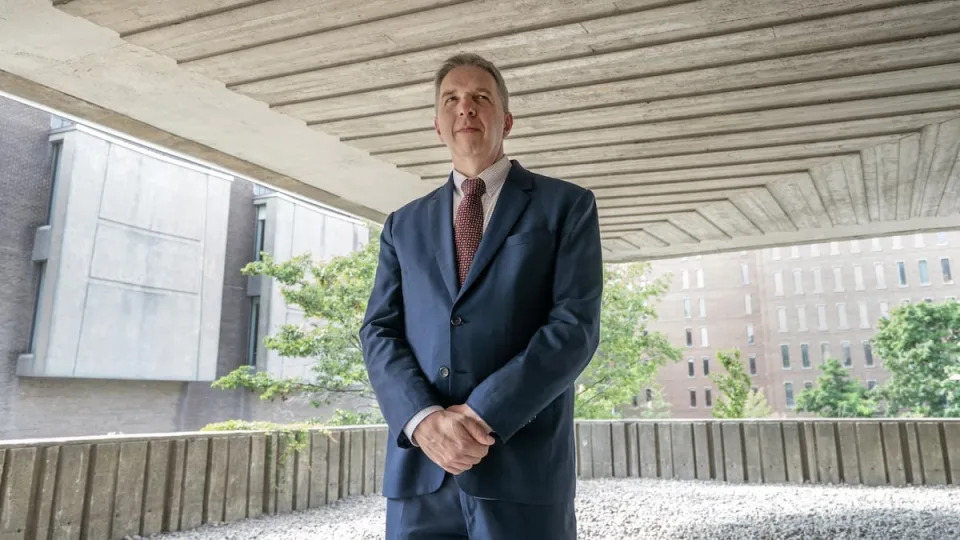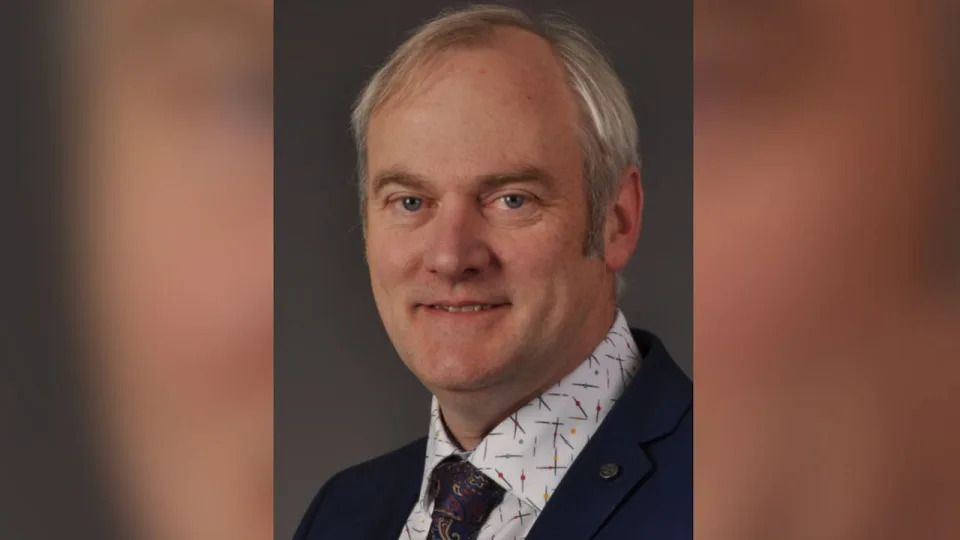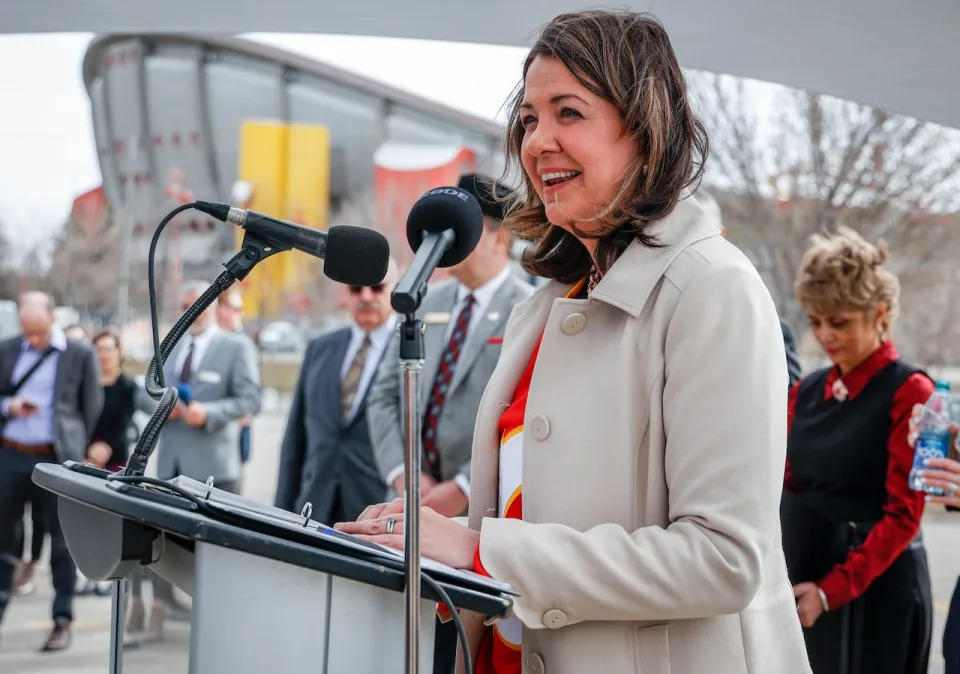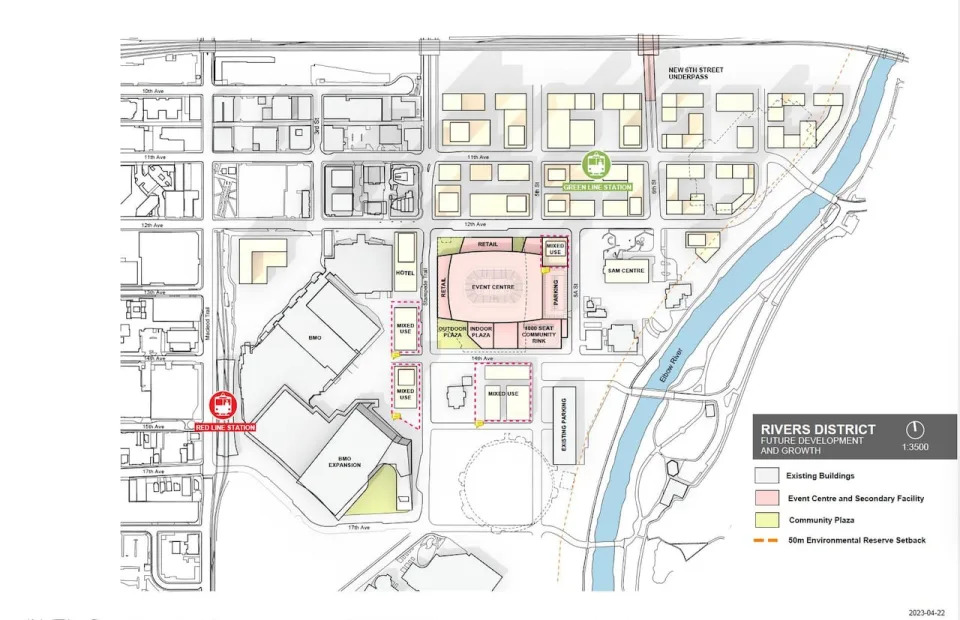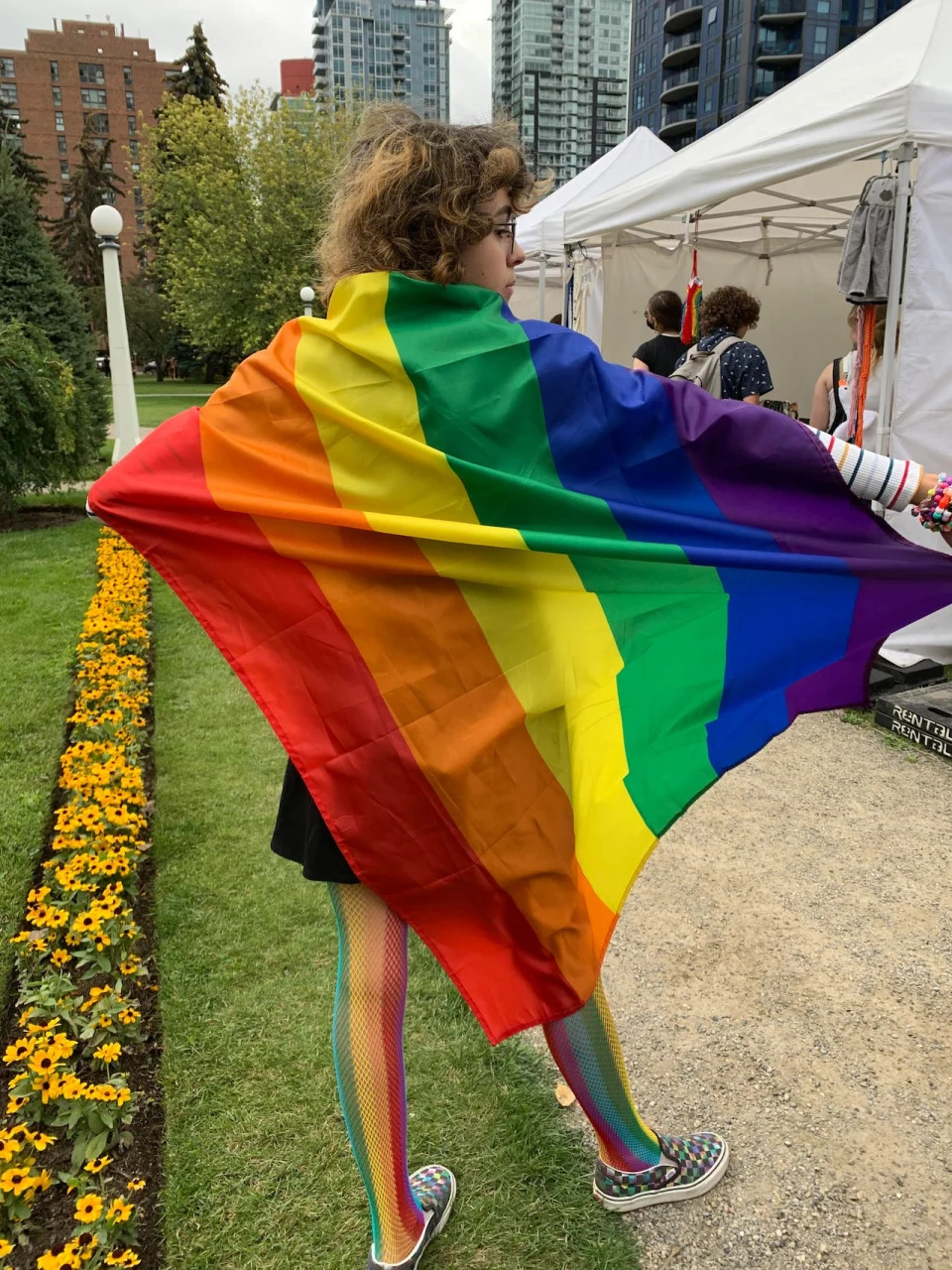ST. JOHN, NB
City's inside workers set strike voteLocal Journalism Initiative
Fri, September 1, 2023
The union that represents about 140 workers in 911 dispatch, customer services, recreation and financial services is planning a strike vote amid negotiations with the City of Saint John.
Negotiations between the city and CUPE 486, the union that represents the city's inside workers, have been stalled since Aug. 12, according to Mike Davidson, national servicing representative for CUPE's national office.
Davidson said the union is requesting cost of living increases, but negotiators have not brought forward an offer that matches the city's wage escalation policy, which was passed in 2019 and provides for increases on a three-year rolling average reflecting tax base growth.
"The city isn't even coming to the table with its own policy numbers, so ... members are forced into a strike vote now," Davidson told Brunswick News Thursday. "It's unfortunate, we feel it's a needless situation. Mayor and council have set a directive at the bargaining table, and they're completely ignoring it."
The city declined comment Thursday through a spokesperson, but on Friday issued a statement saying it has made a "fair and reasonable offer," adding "we believe it is in the best interests of everyone to finalize an agreement."
The statement lists both the city and the Police Commissioners of the City of Saint John as employers. Davidson said some court services staff with the commission are members of CUPE 486.
Employees would vote this coming Wednesday. Voting for a strike does not necessarily mean job action is imminent, but authorizing a potential strike gives negotiators extra options as part of the bargaining process, Davidson said.
He declined to provide specific numbers on the proposed increases.
Employees last received an increase in 2021, Davidson said, and have been impacted by inflationary pressures since then. He said the city had been in tough financial straits for years and workers "rolled up their sleeves and tried to be the solution," but that provincial and regional governments have been enjoying record revenues thanks to higher tax assessments.
The City of Saint John's proposed budget for 2024 represents $184 million, which is a four per cent increase over last year, and assumes a 3.35 per cent increase in property tax revenues.
In the city's statement, it says it is committed to reaching an agreement "that reflects our commitment to financial sustainability and enables us to continue working together to deliver quality services."
Davidson said the city had offered non-union employees salary increases according to the wage escalation policy. He said the union's cost-of-living request was not "too far apart" from what the policy would have recommended, and that wages were the last remaining sticking point.
"We've been waiting for the employer," he said.
The city said since bargaining started in June 2022, it has met with the union 26 times, including twice in July with a provincial-appointed conciliator.
"We are optimistic an agreement can be reached, but we are also taking prudent steps to have contingency plans ready to minimize the disruption to public services should a labour disruption occur,” the statement reads.
Andrew Bates, Local Journalism Initiative Reporter, Telegraph-Journal


